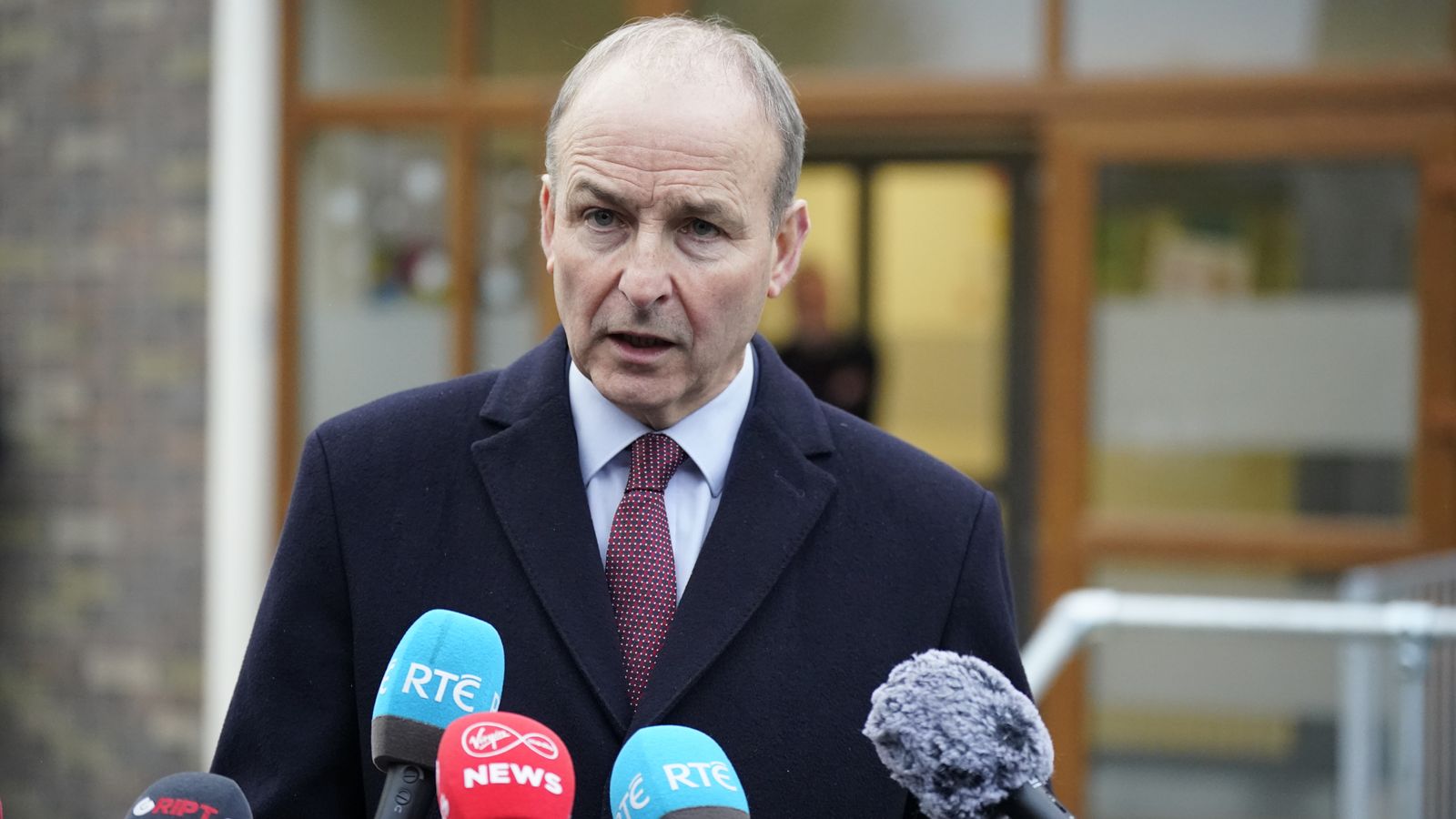What changed?
Just under a fortnight ago, the prime minister told us he could see nothing in the COVID data that could put his re-opening timetable at risk.
But on Monday evening he told us that the data suggested the plan to remove restrictions entirely on 21 June would have to be cancelled, pointing out that some of the four tests laid down a few months ago had not been passed.
Now there are strong arguments to be made both in favour of re-opening and in favour of delaying (and be very wary of anyone telling you the decision is an easy one).
On the one hand cases are certainly rising fast – the fastest since the autumn – and the new Delta variant is spreading even faster.
On the other hand, the epidemiological community had always expected an increase in both cases and hospitalisations by now.
Indeed, the number of hospitalisations is currently running below the best-case scenario sketched out by Imperial College a few months ago when the PM announced the timetable.
But let’s leave that aside for a moment and go back to that question at the top: What’s changed since Boris Johnson told us on 2 June that there was “nothing in the data” preventing reopening and today?
The short answer is, as far as I can tell, nothing.
On 2 June the number of COVID cases in the UK was doubling every nine days.
That growth rate has, if anything, diminished ever so slightly since then.
Similar thing with the number of cases detected of the Delta variant.
They’ve been growing at a steady rate since early May; so nothing’s changed there either. Hospitalisations have picked up somewhat but, as I mentioned, they remain well below the best-case scenario laid out by Imperial a few months ago.
This is not to say there are no red flags.
The data surrounding the new variant is indeed quite unnerving. But the crucial point is that it was just as unnerving back on 2 June when the PM declared there were no red flags in the data.
Why is this crucial? Why is this important rather than pedantry?
Because the whole point of basing policy on data rather than either dates or, worst of all, political whims, is that it leads to a more functional country.
If we all know the data the government is basing its decisions on, we will be able to make our own minds up whether to arrange functions or go on holiday in the coming months.
The fact that the government doesn’t seem to be following any clear data targets or thresholds means we are back to relying on leaks and political whims when gauging the level of restrictions in the coming months.




